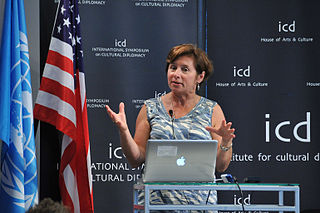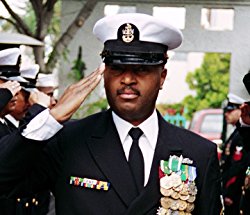A Quote by Cynthia P. Schneider
Measuring success in cultural diplomacy - the use of education, creative expression in any form, or people-to-people exchange to increase understanding across regions, cultures, or peoples - is challenging. How does one quantify changes in attitude, abandoning stereotypes, or feeling empathy as a result of a performance, a film, a book?
Related Quotes
My background is in arts education and we know, absolutely for a fact, that there is no better way for kids to learn critical thinking skills, communication skills, things like empathy and tolerance. This is true across every boundary, across cultural boundaries, across socioeconomic, it's a great leveler in terms of unifying our world.
I founded the King Hussein Foundation after my husband's death in 1999, to build on his humanitarian vision and legacy in the country and abroad, through programs promoting education and leadership, economic empowerment, tolerance, cross-cultural dialogue, and media that enhances mutual understanding and respect among different cultures across conflict lines.
The film [the white Ribbon] does try to use German Fascism as an example, but not specifically Fascism... the results of German Fascism. It shows how people are prepared or indoctrinated for an ideology... people who are already in a state of repression who have been humiliated by society and who clasp at a straw that's offered to them. And how that's then developed into a form of indoctrination.







































